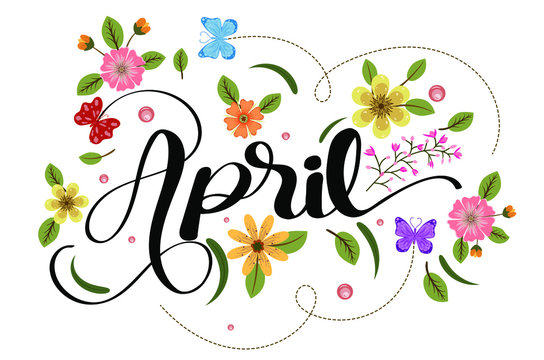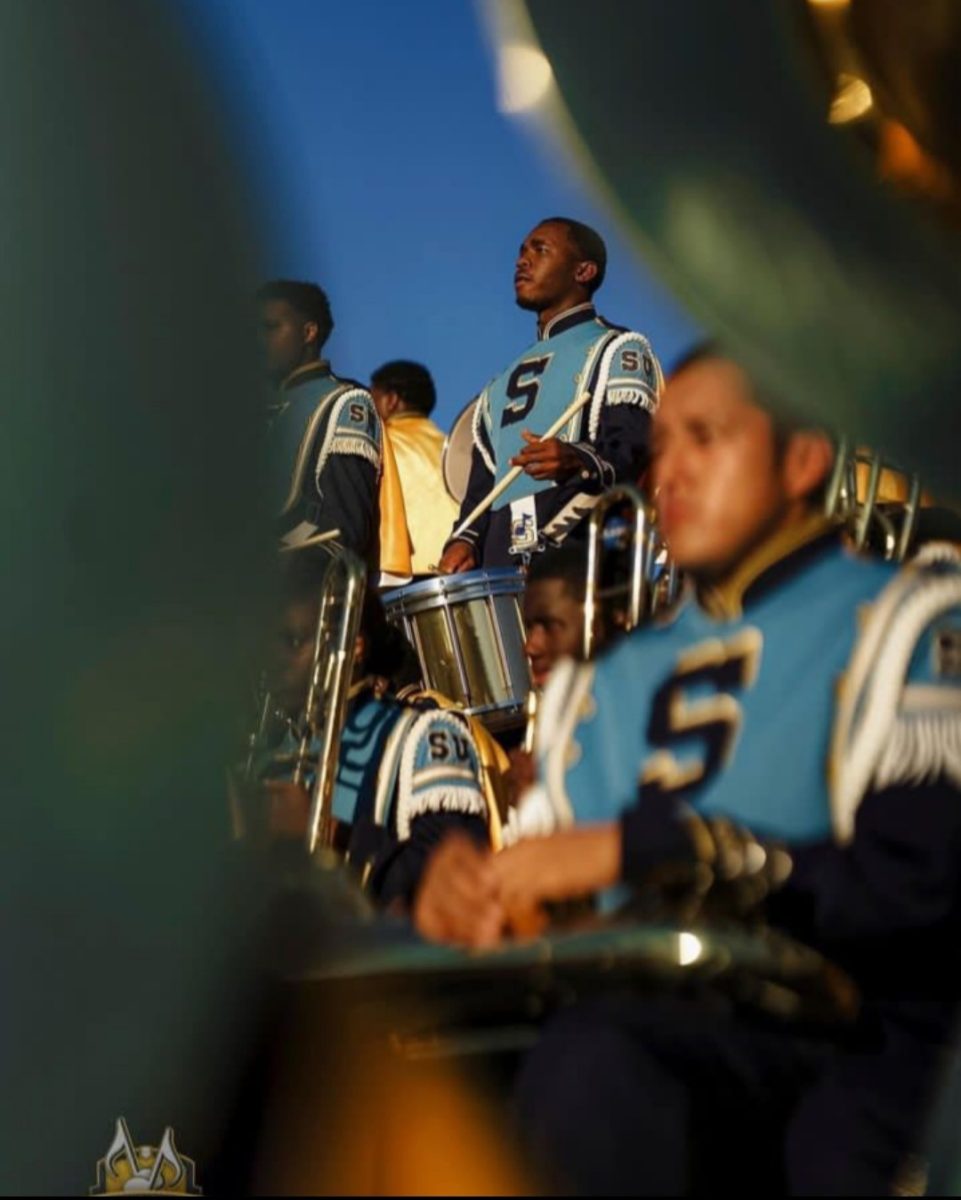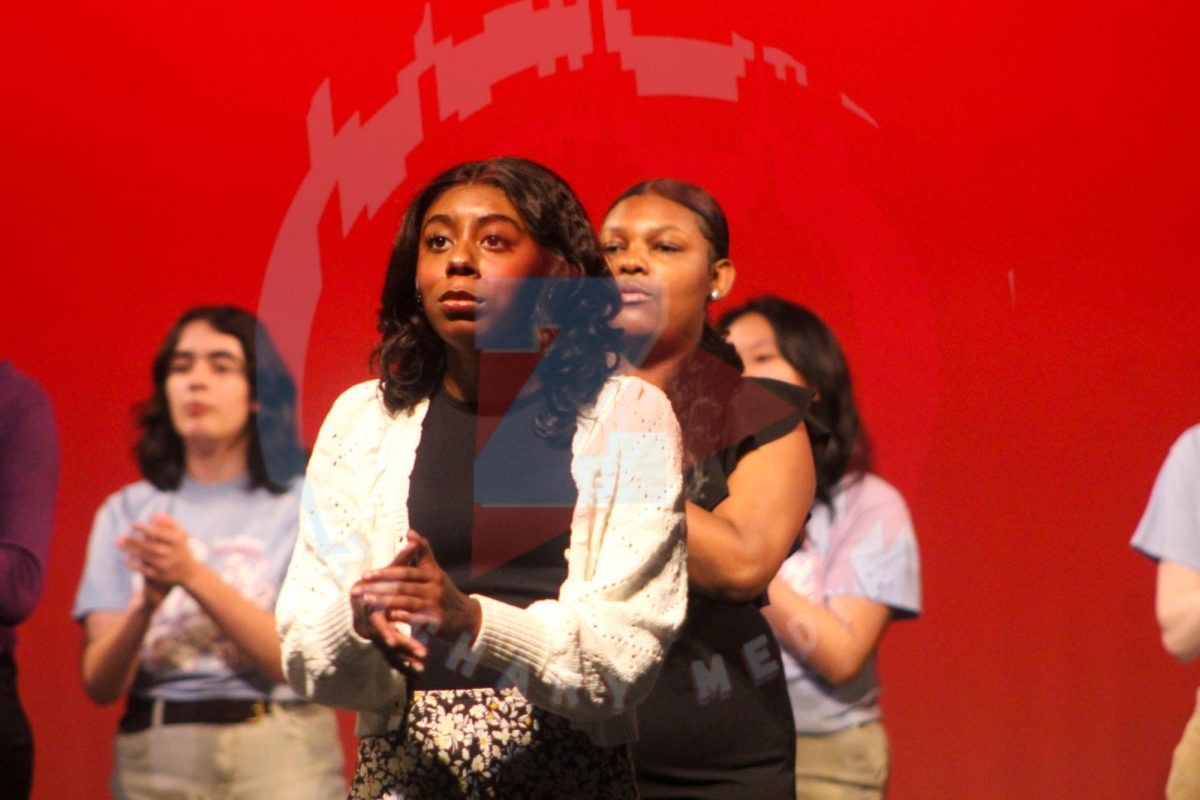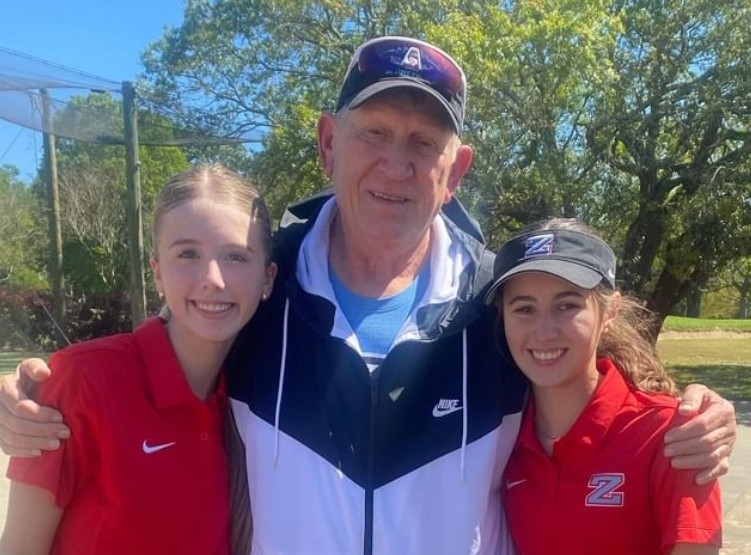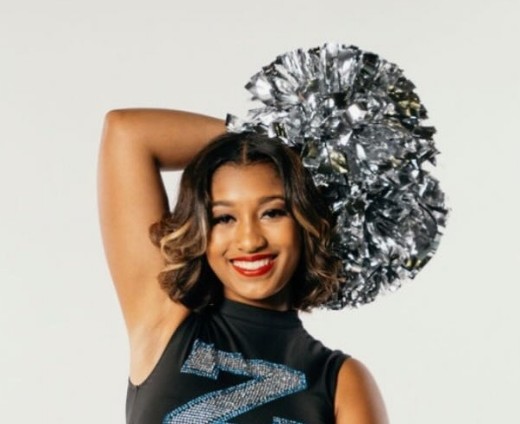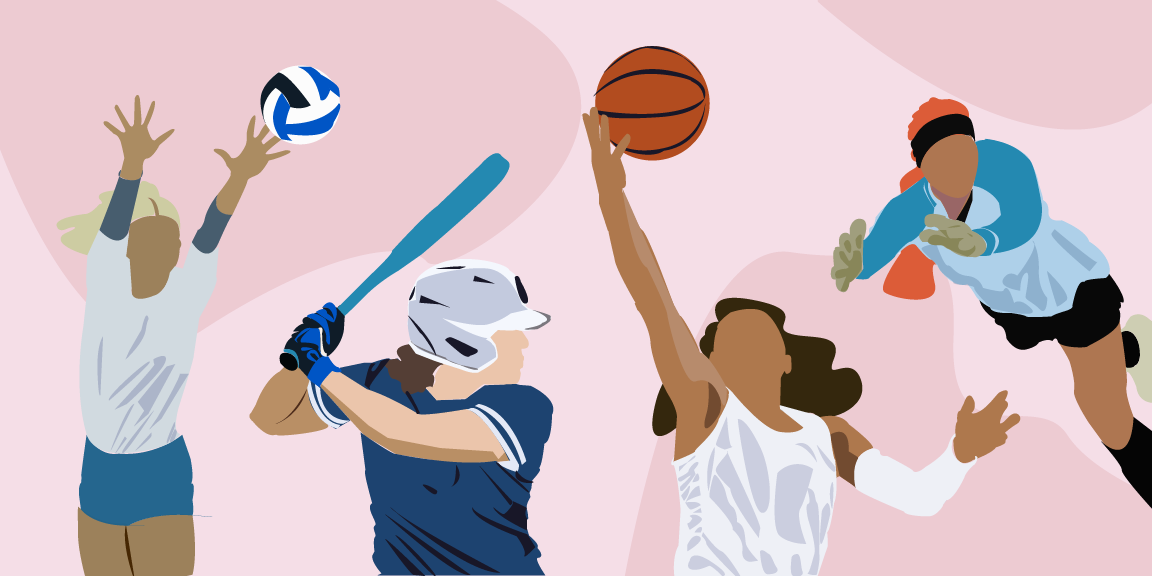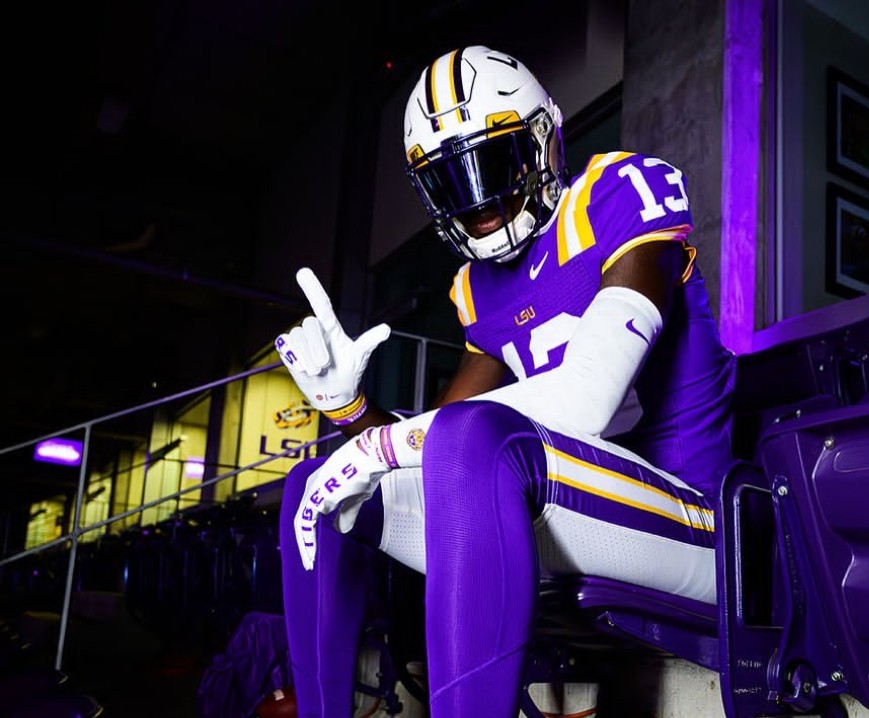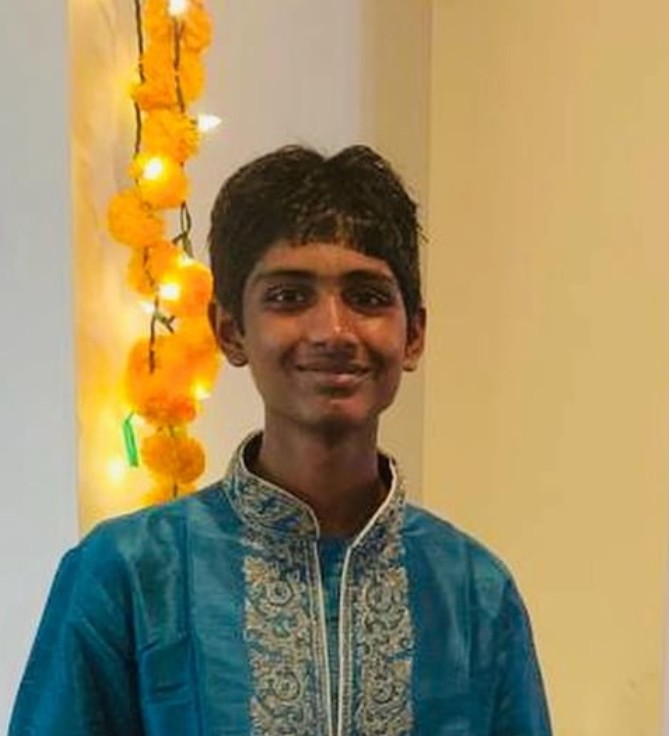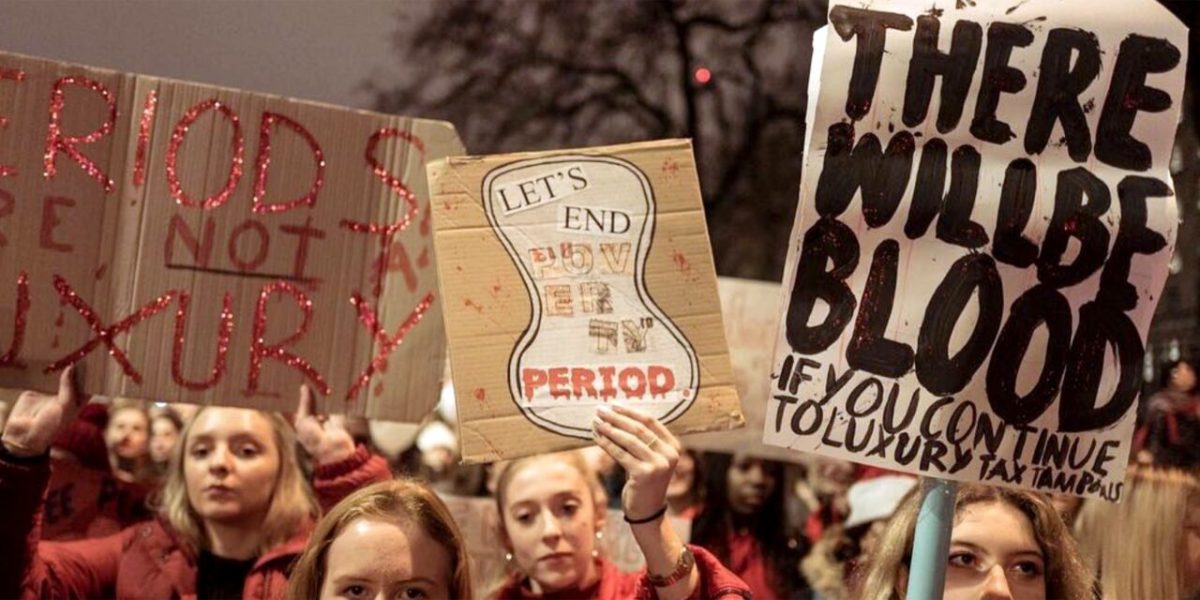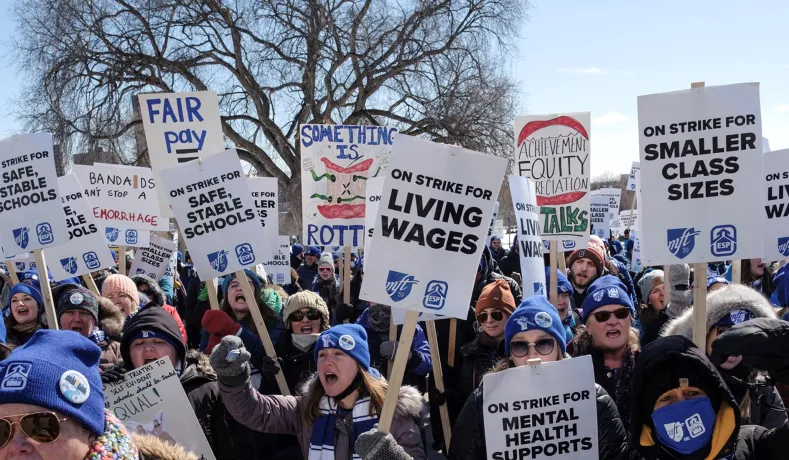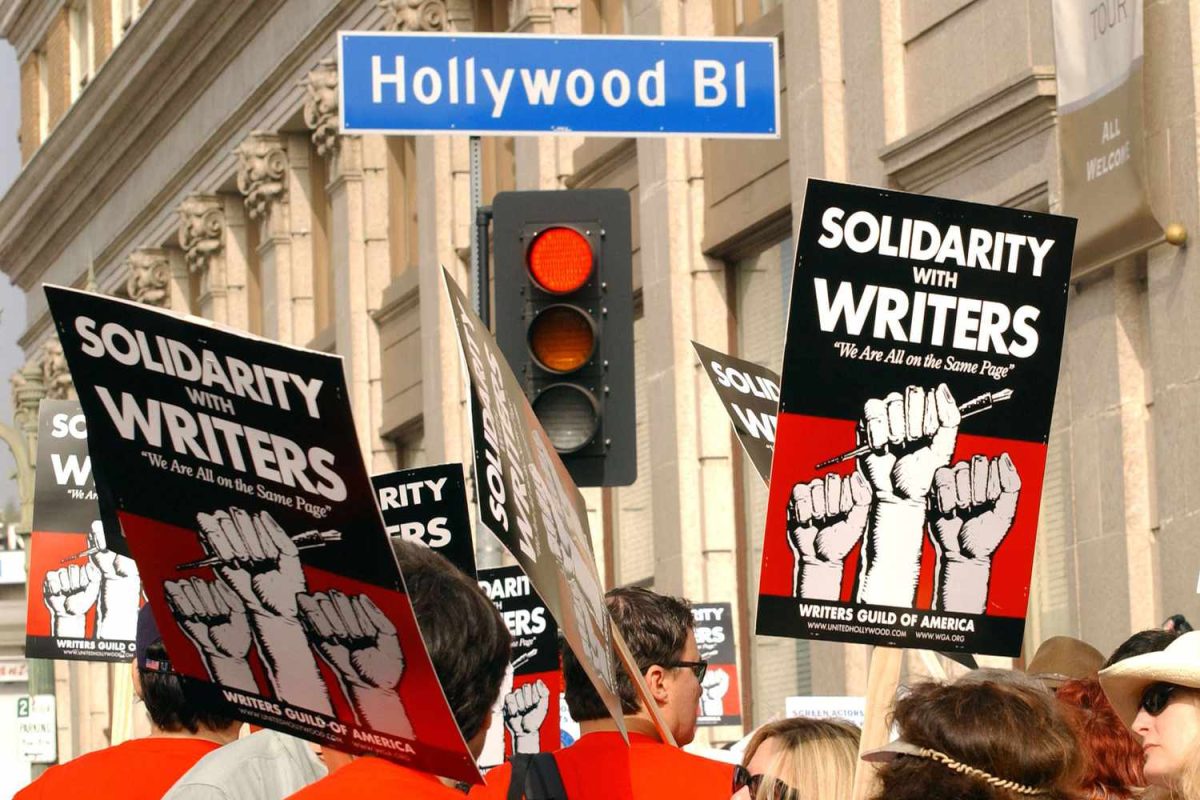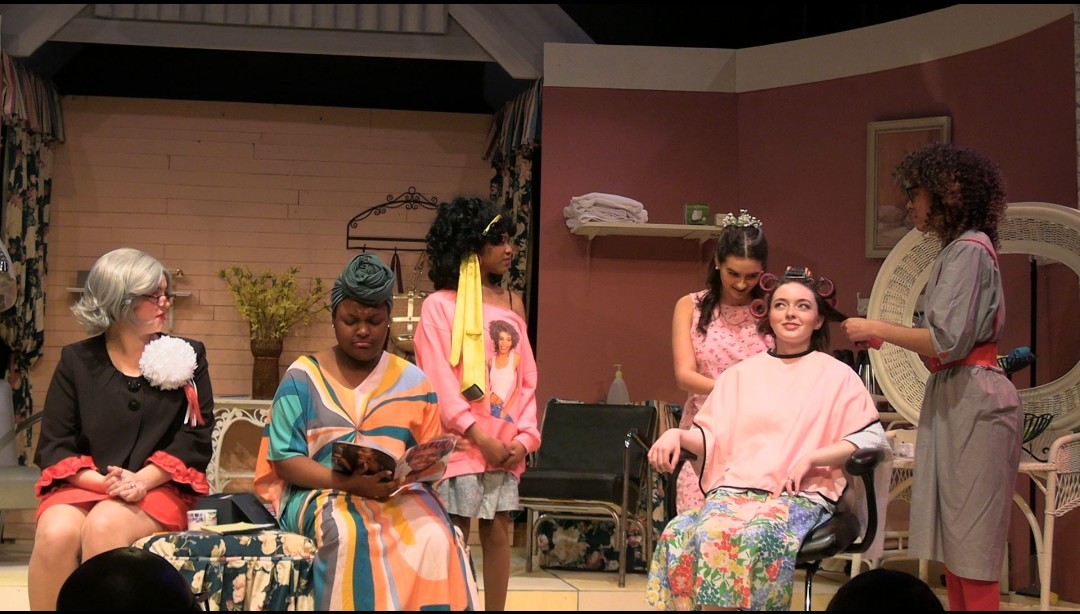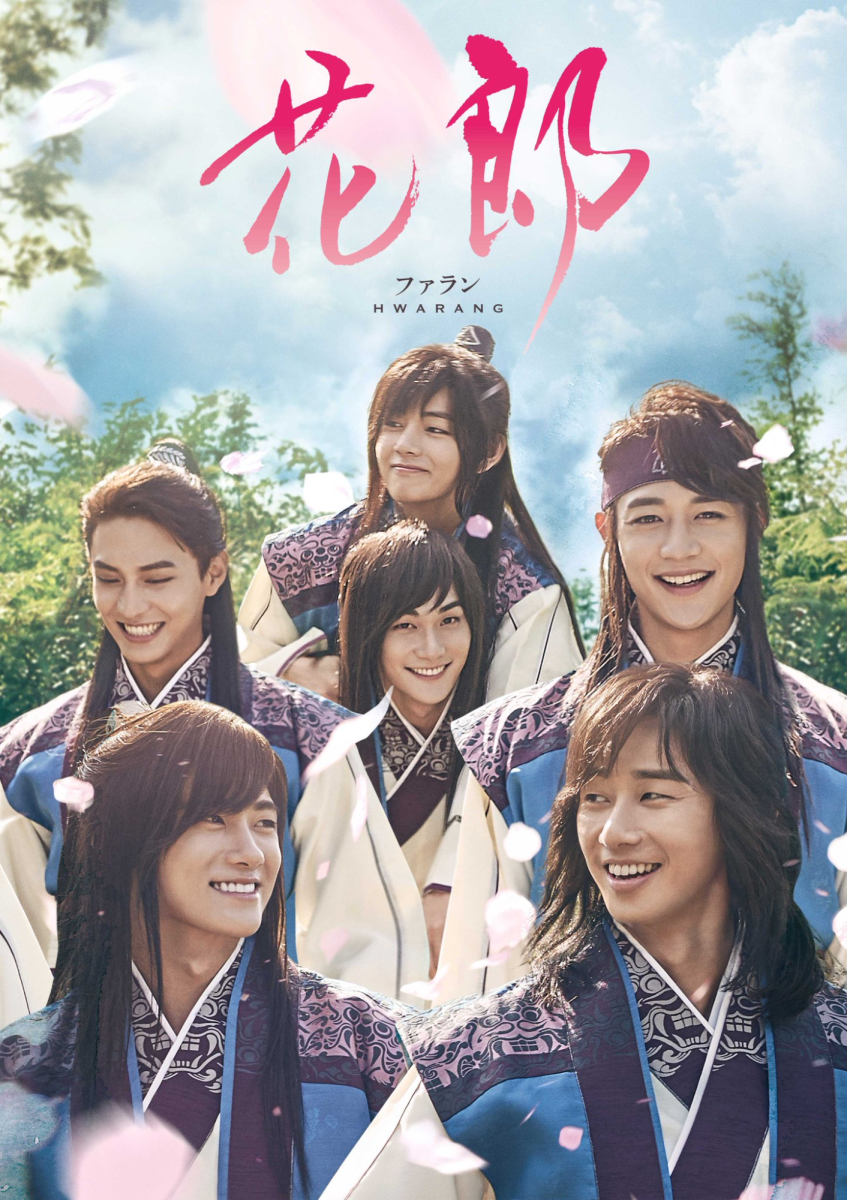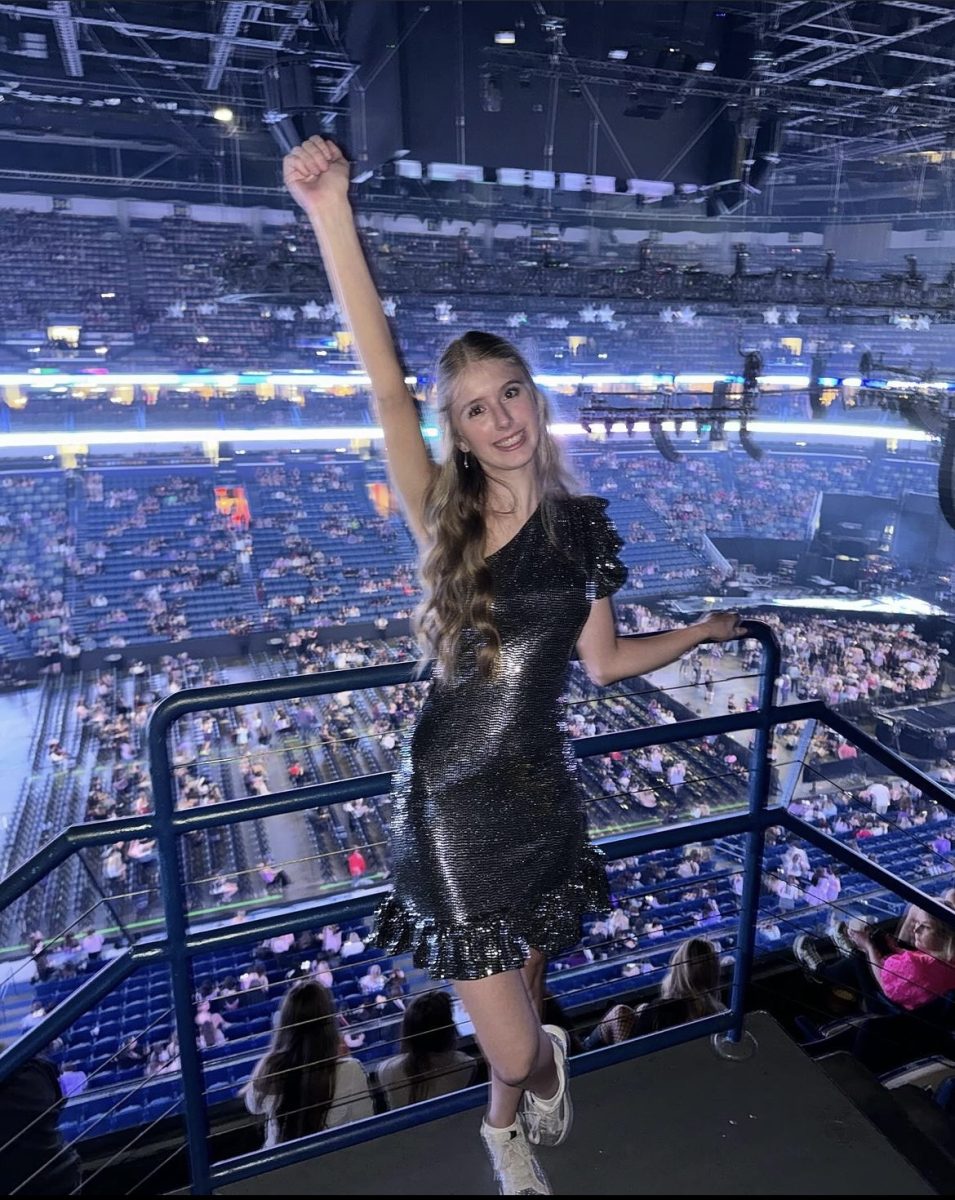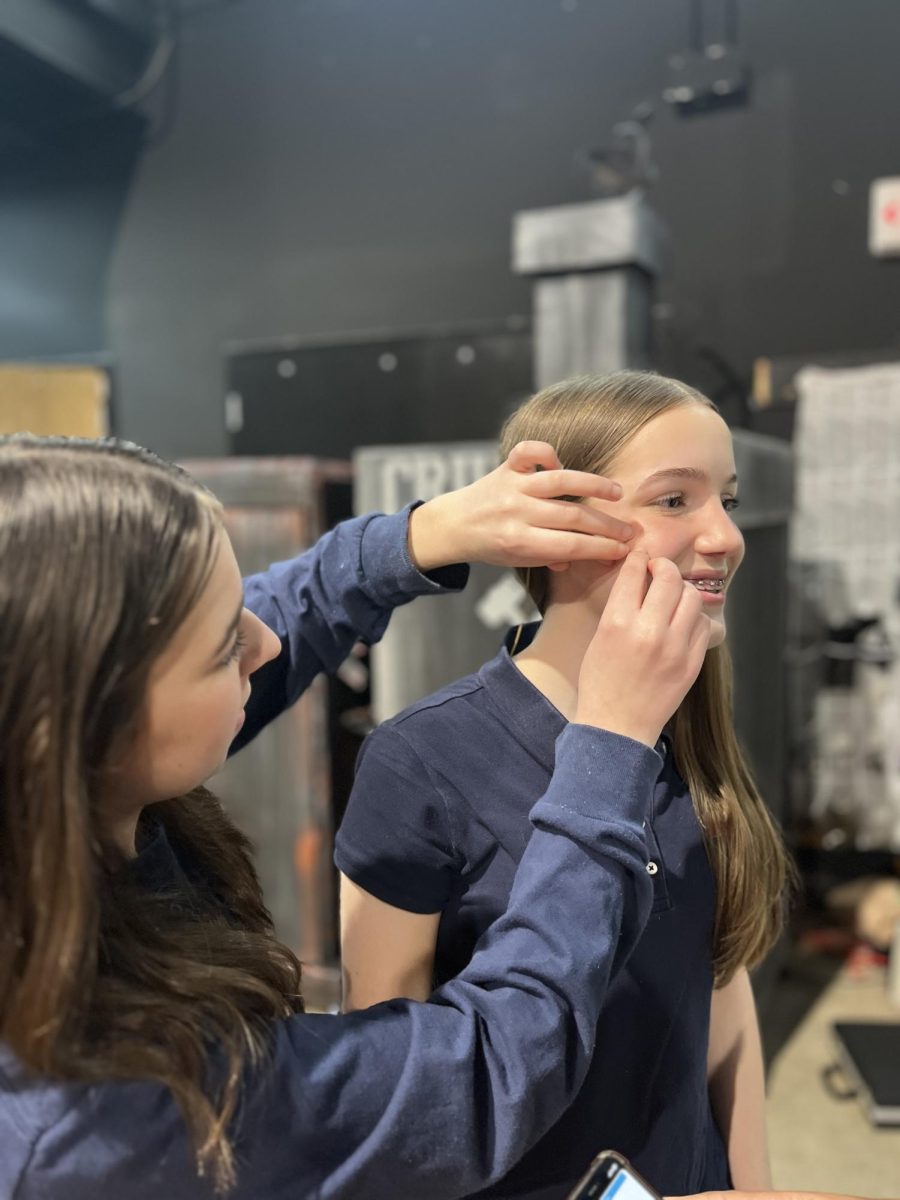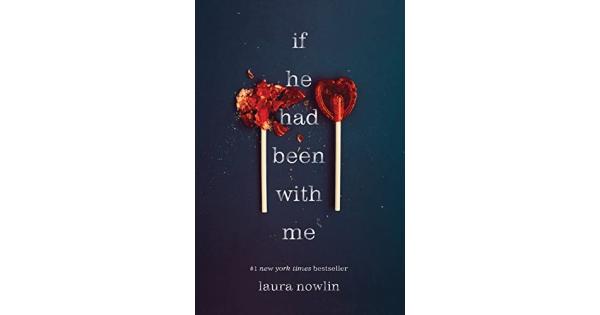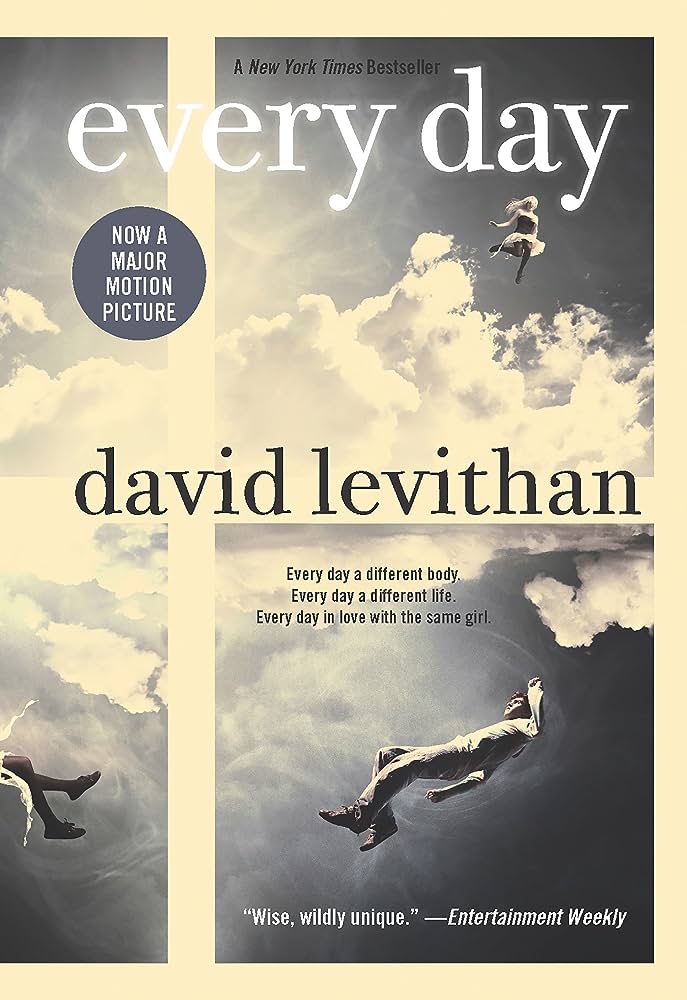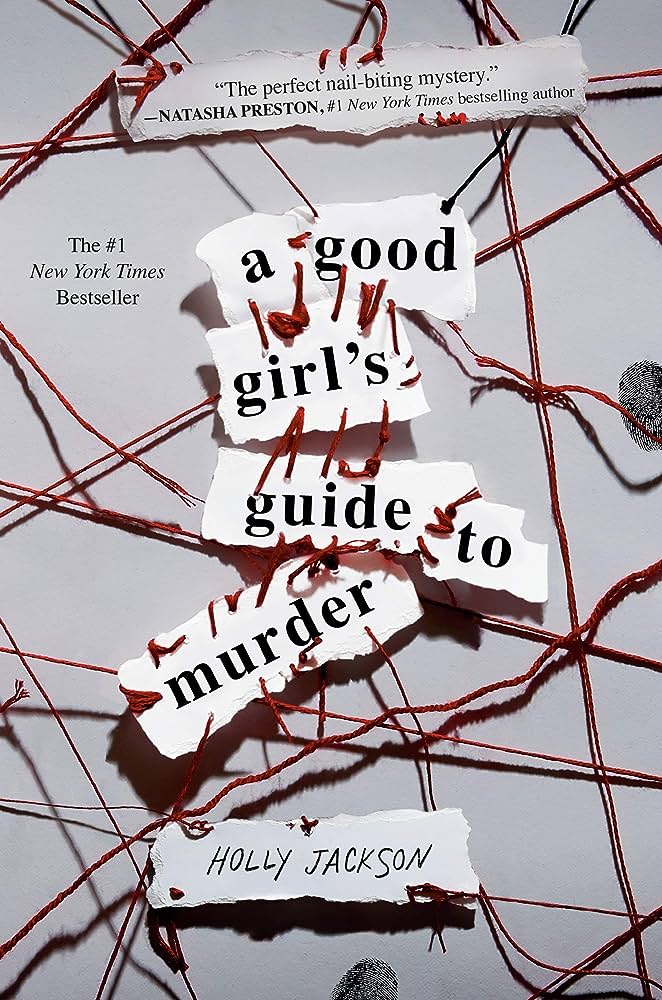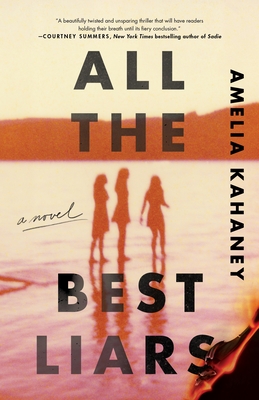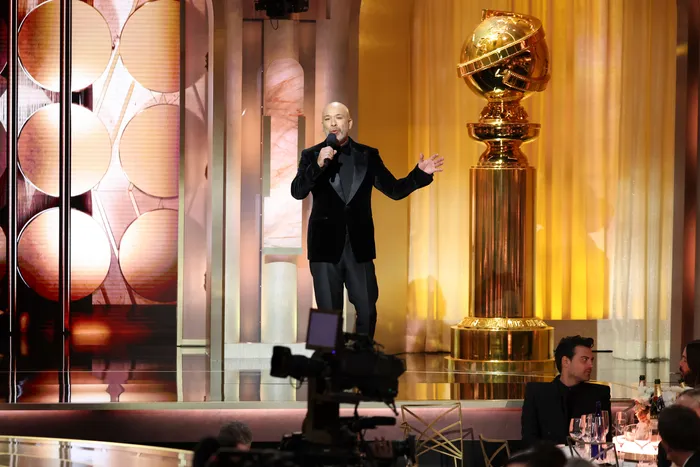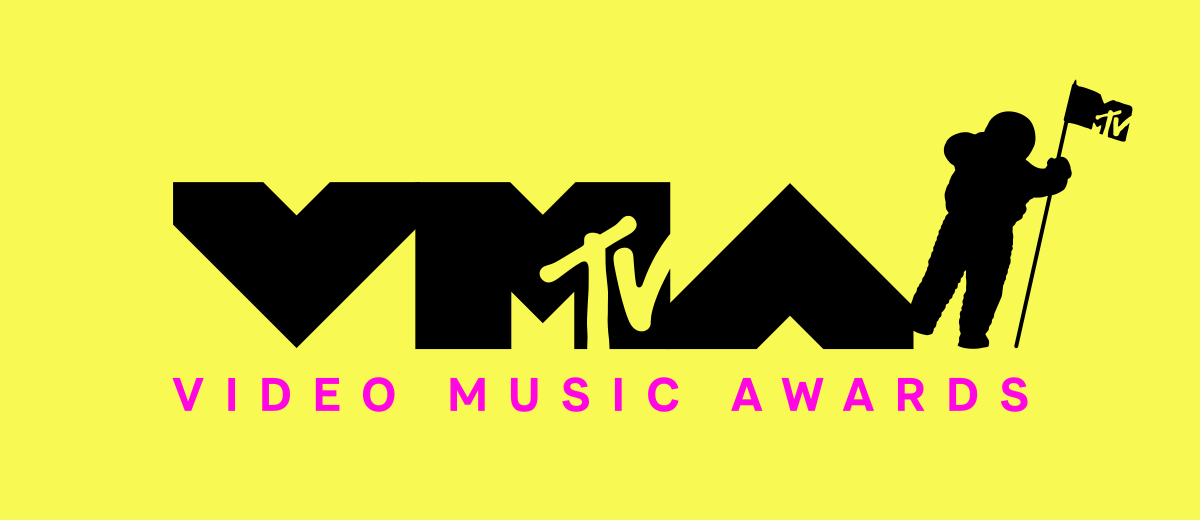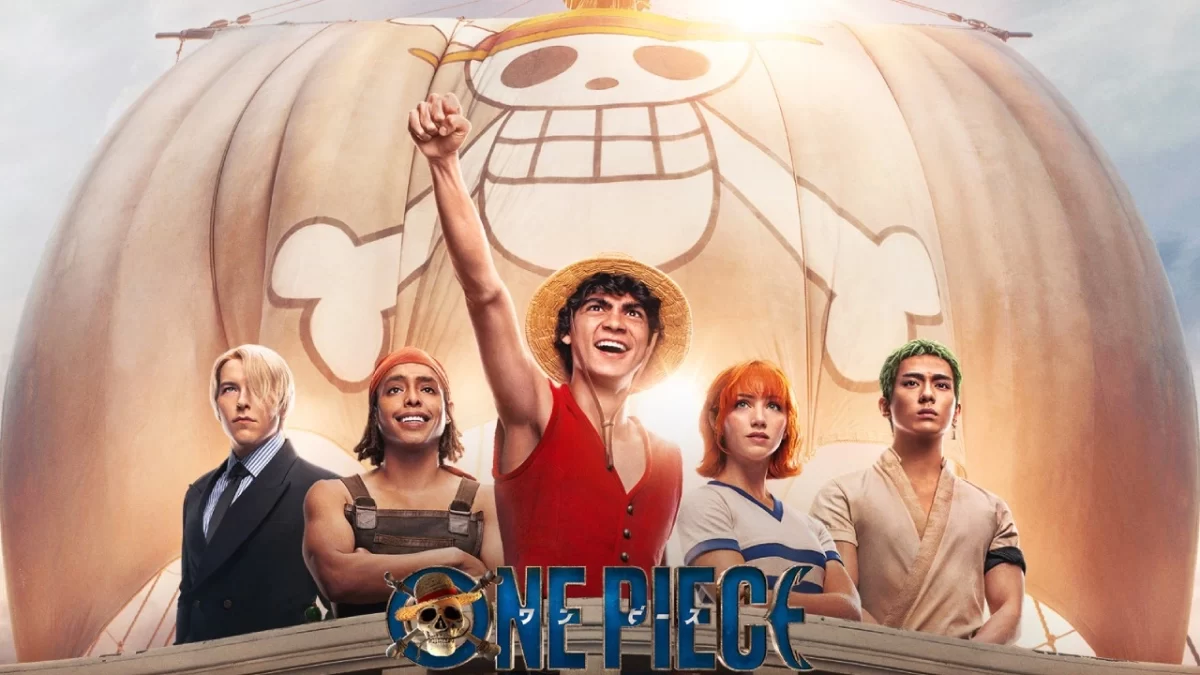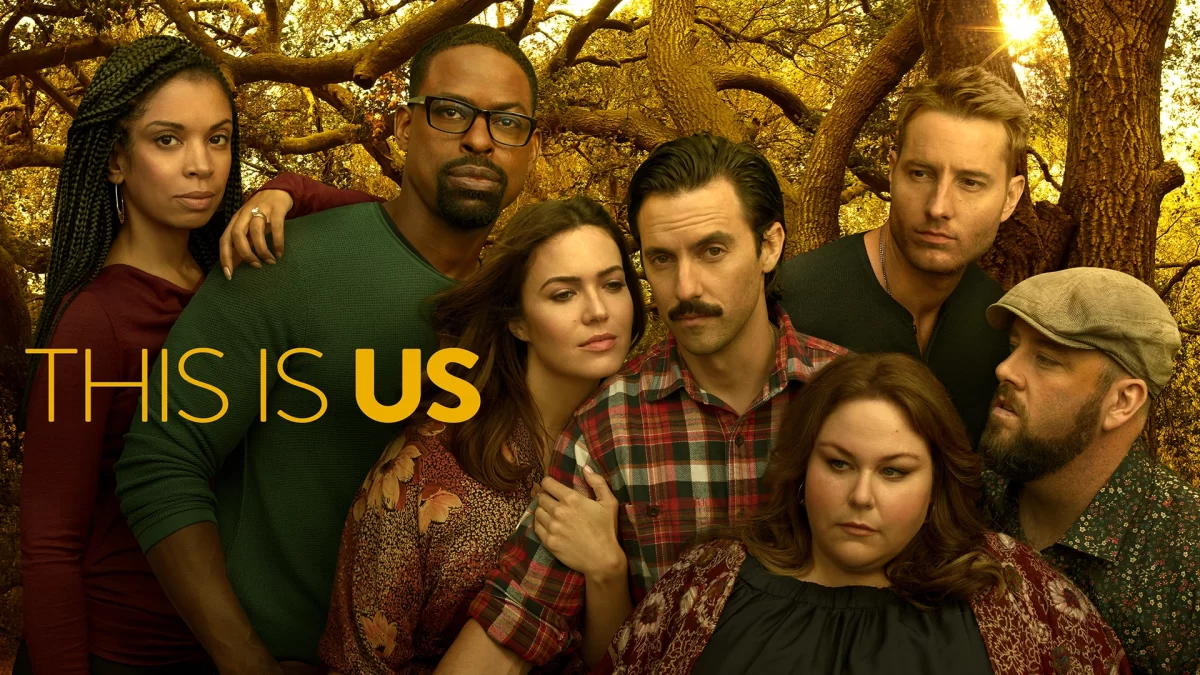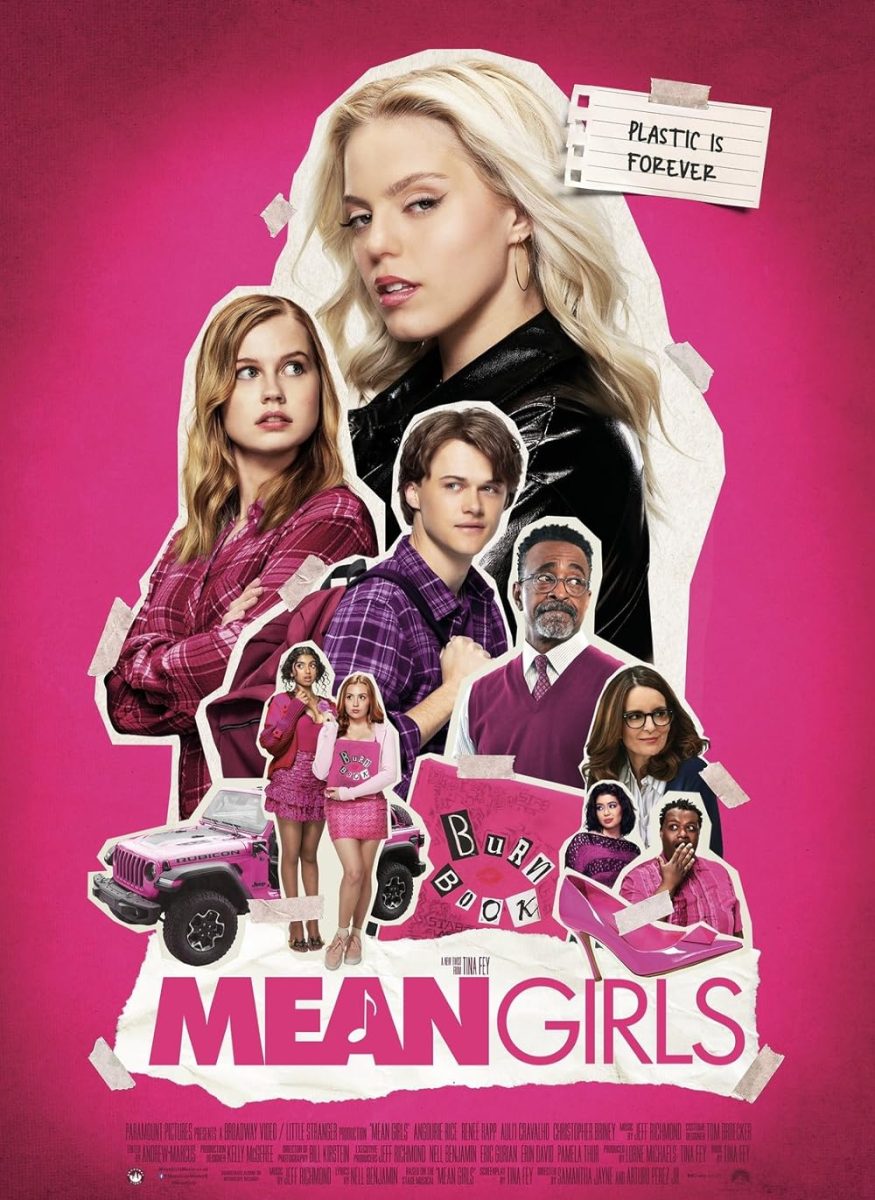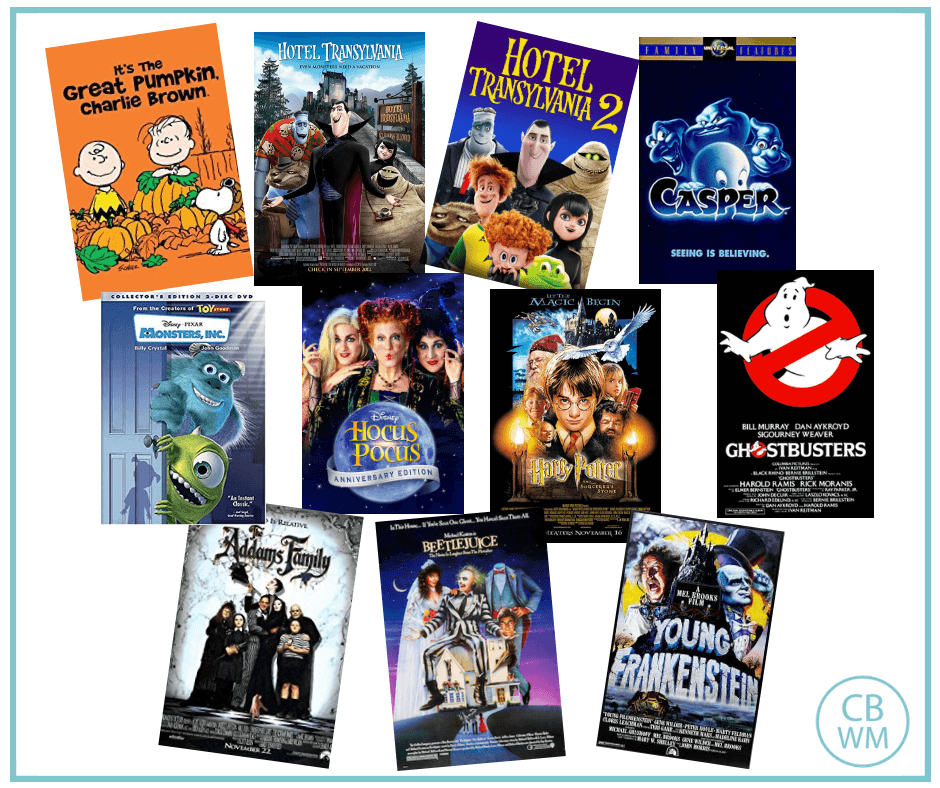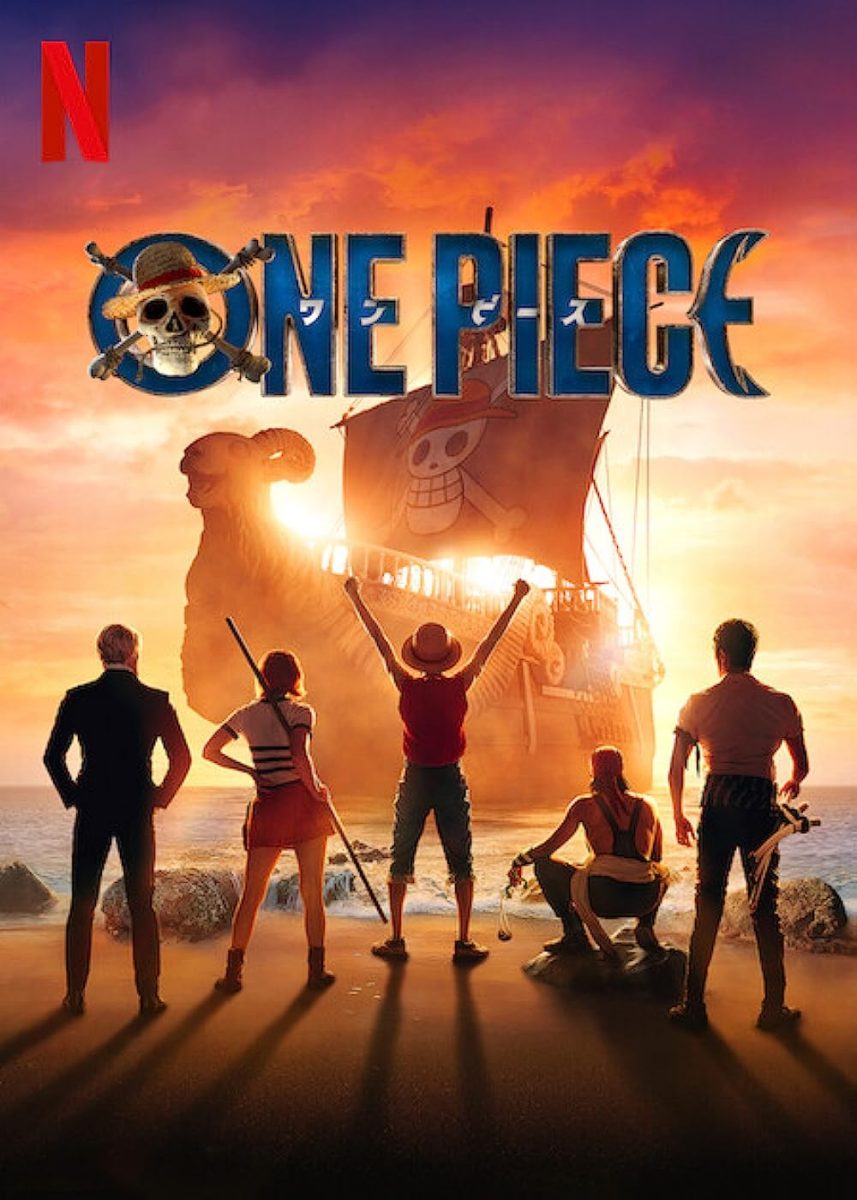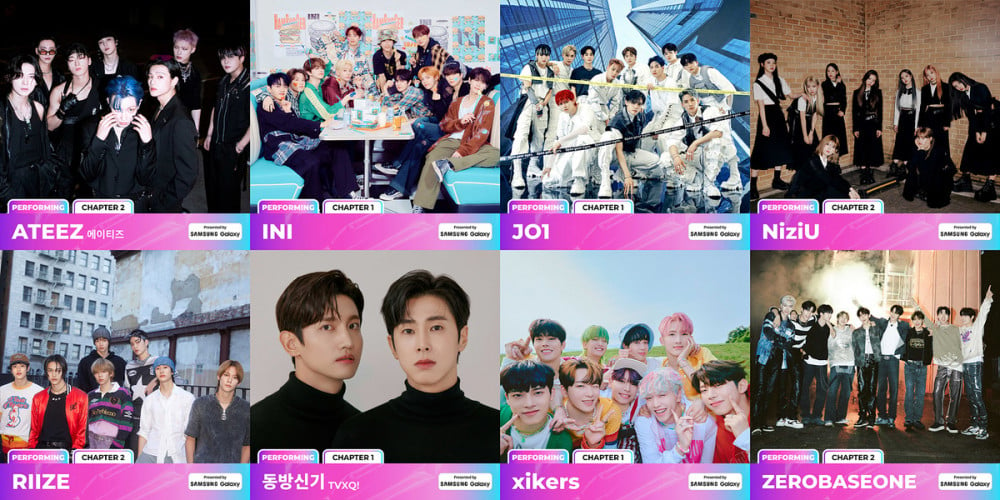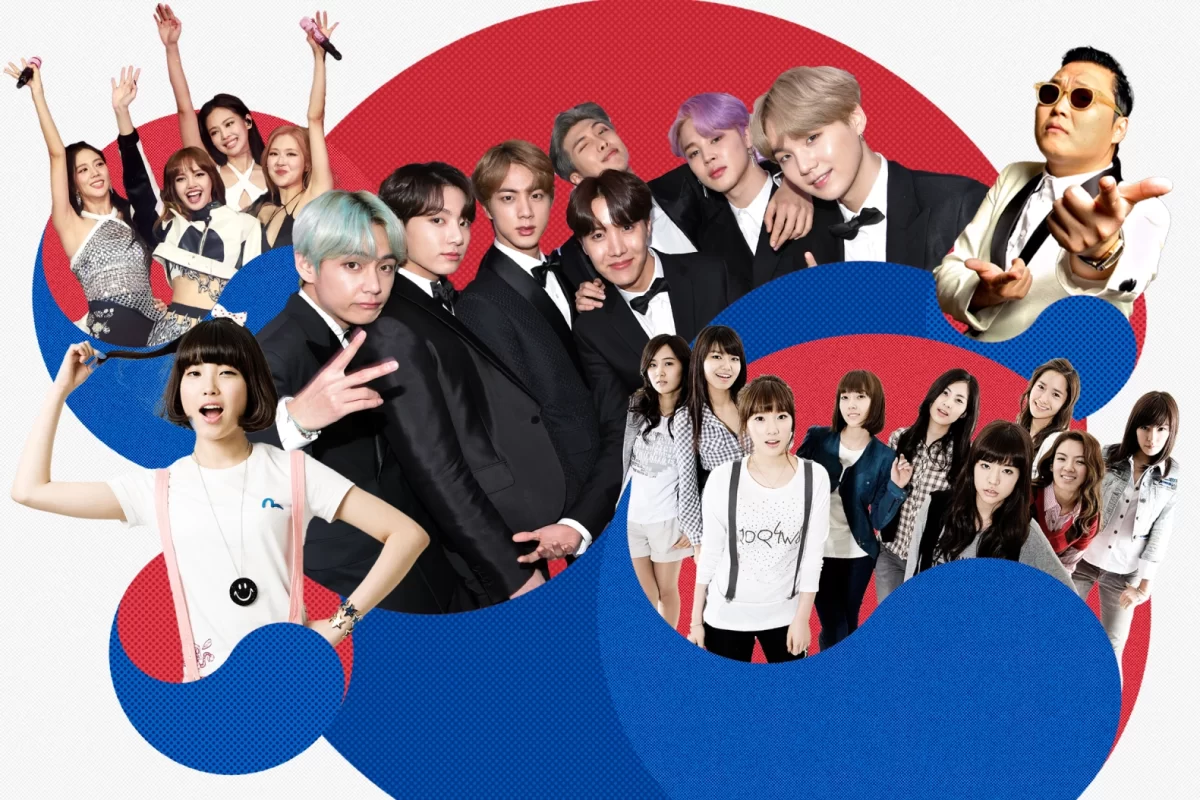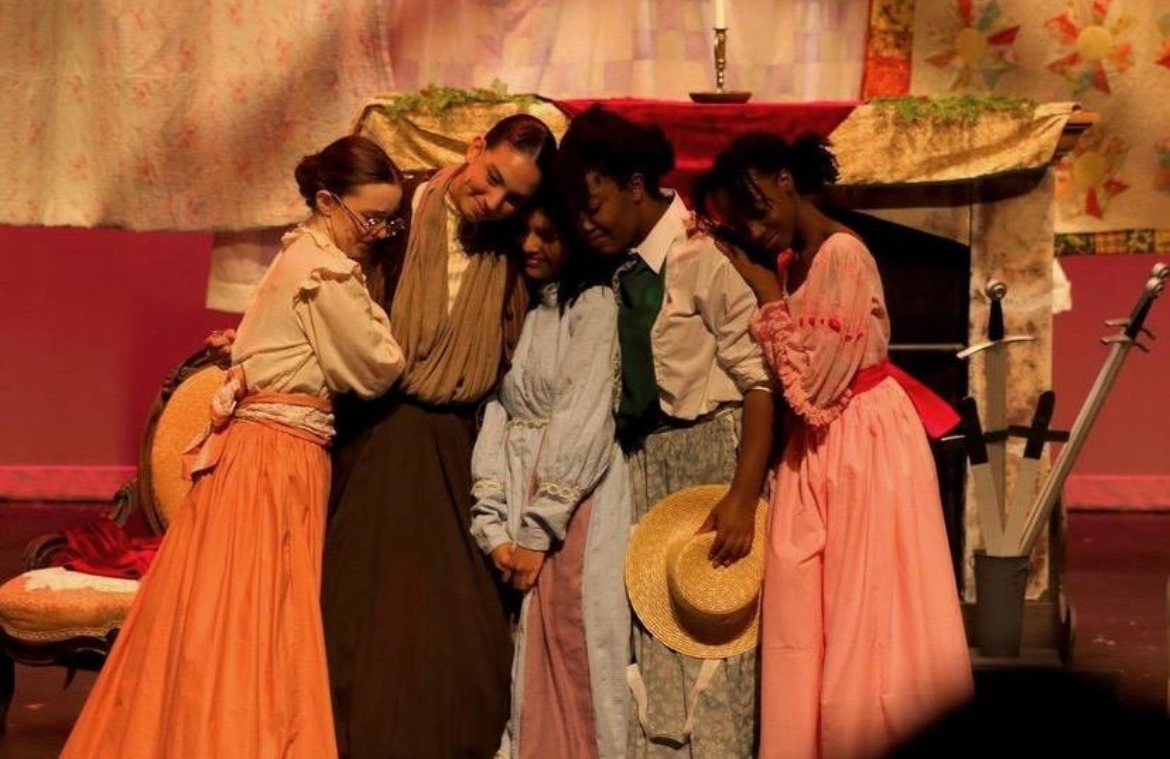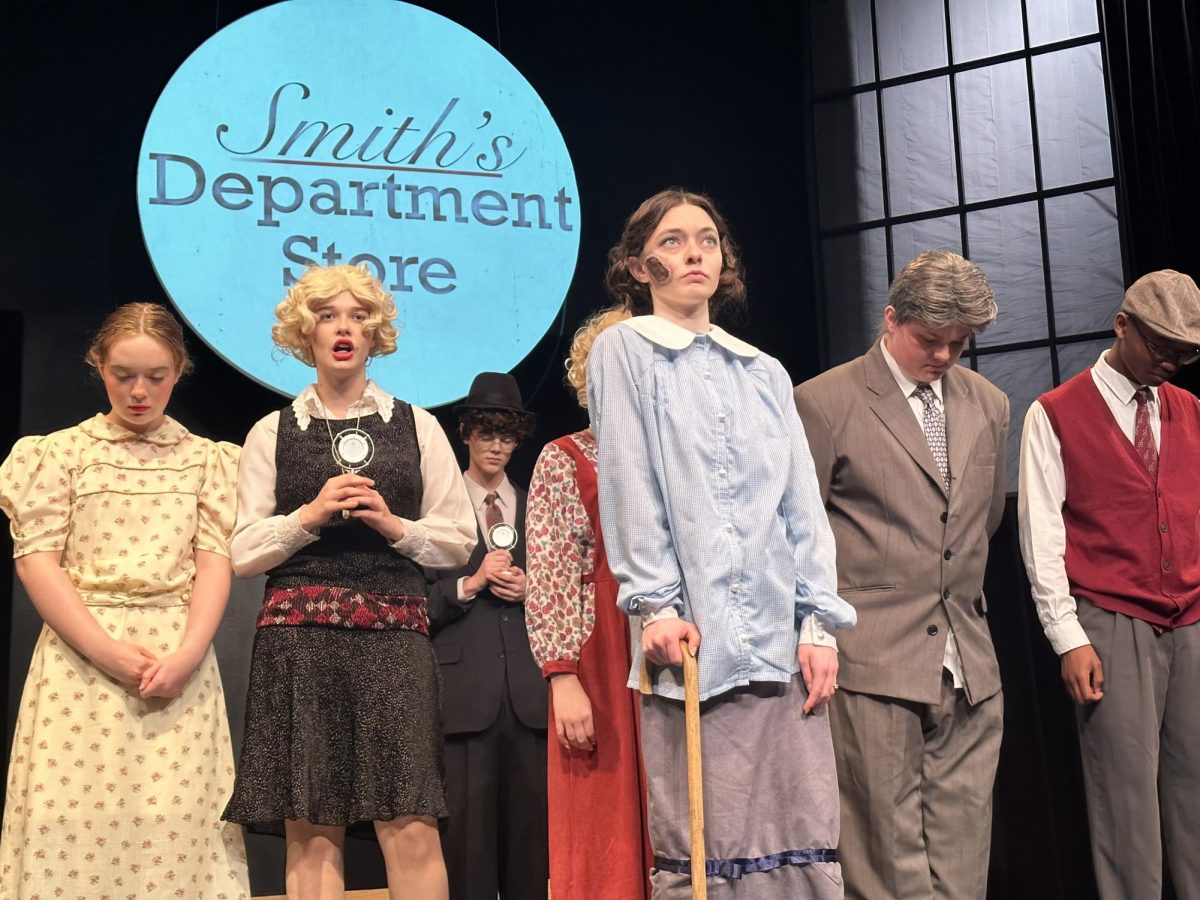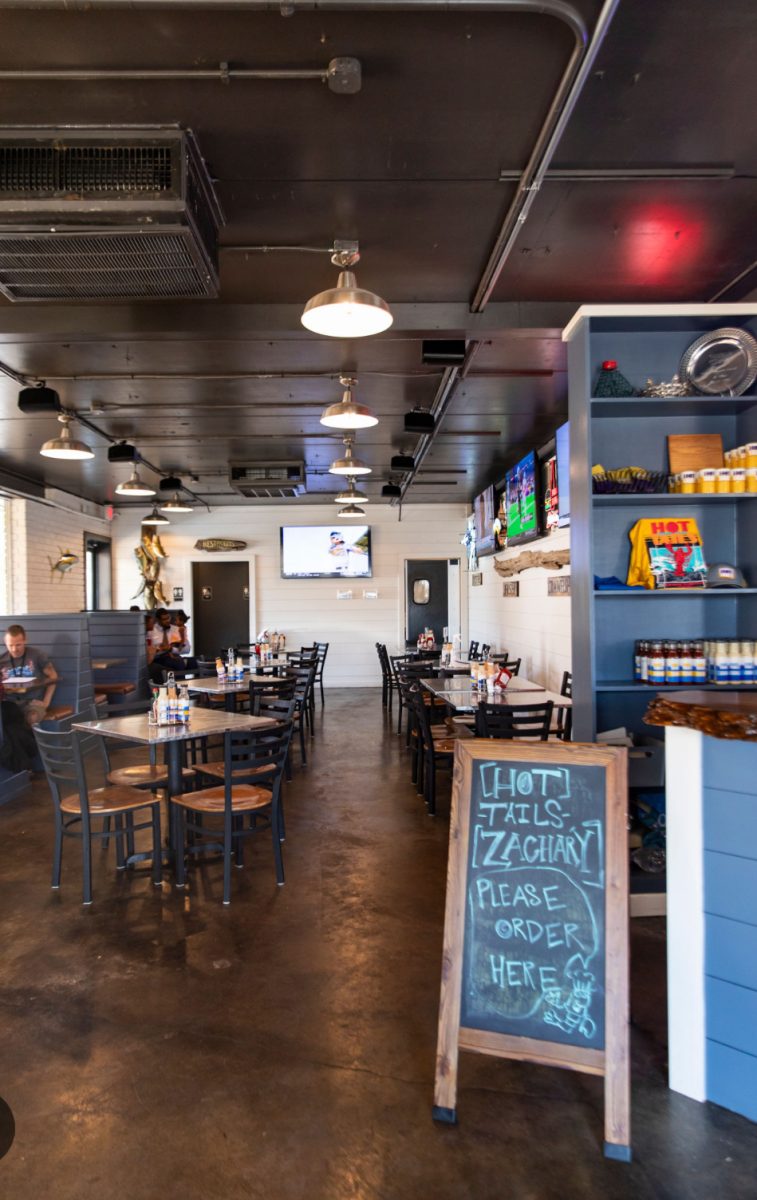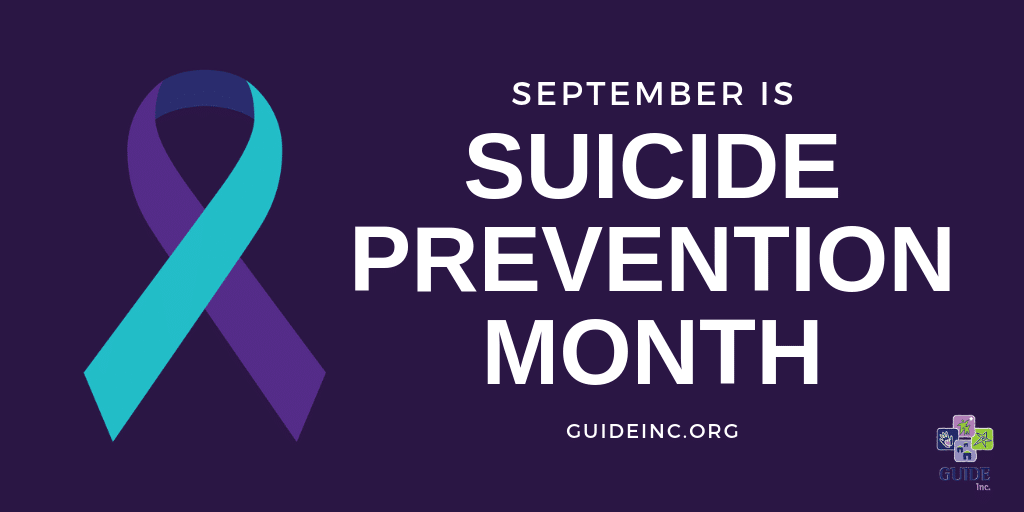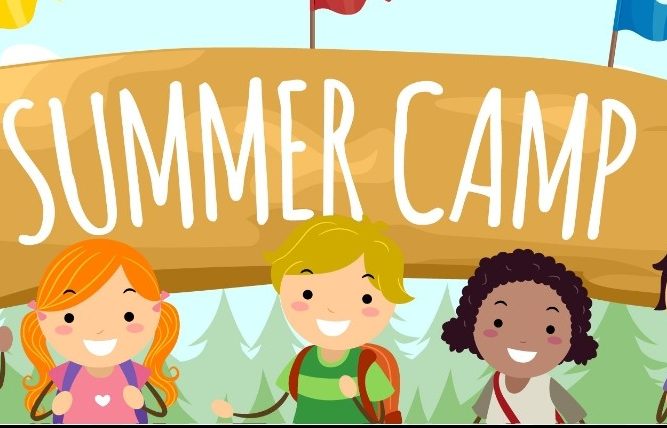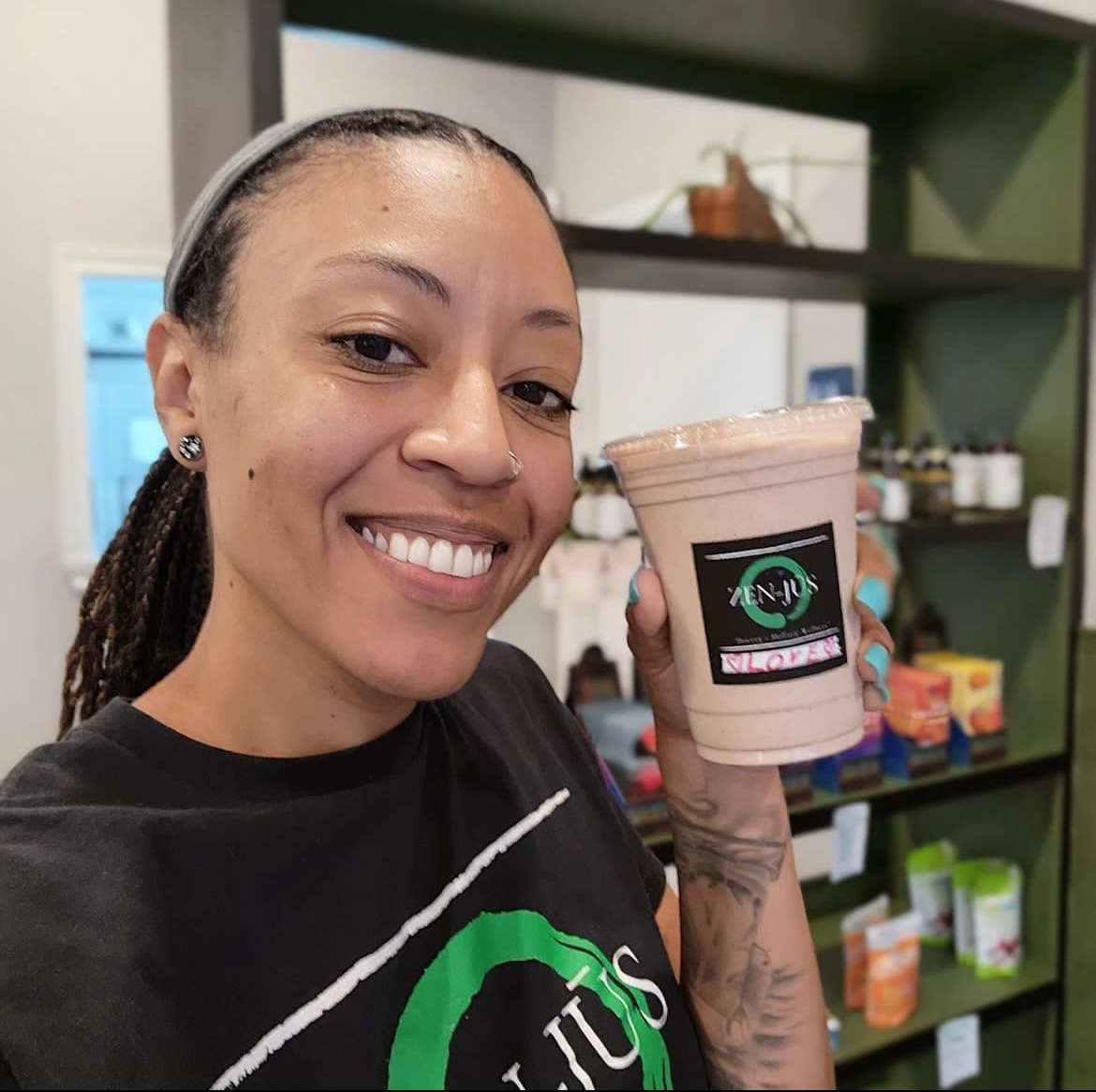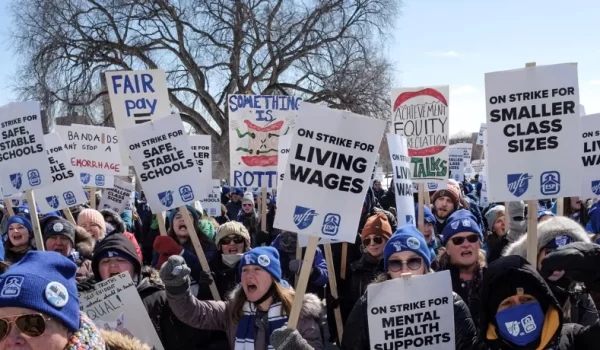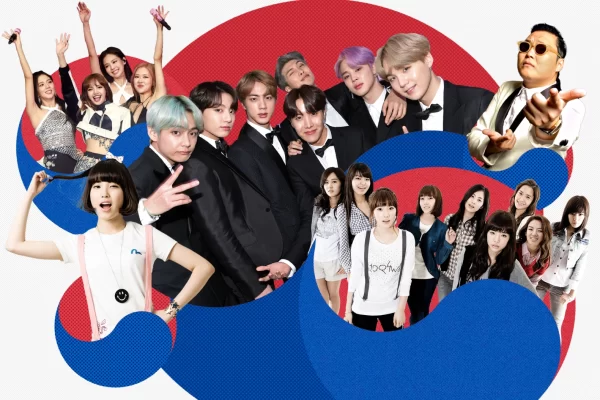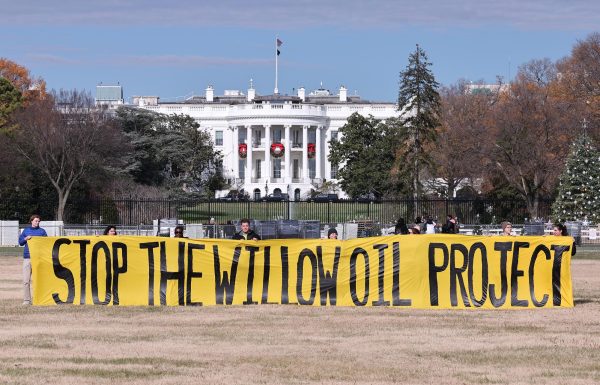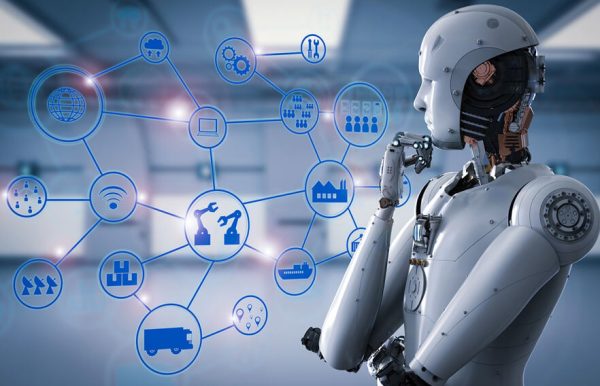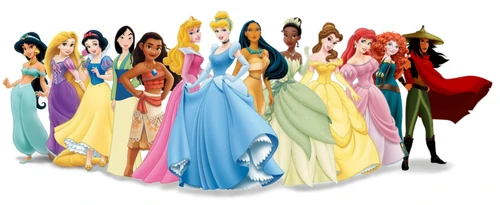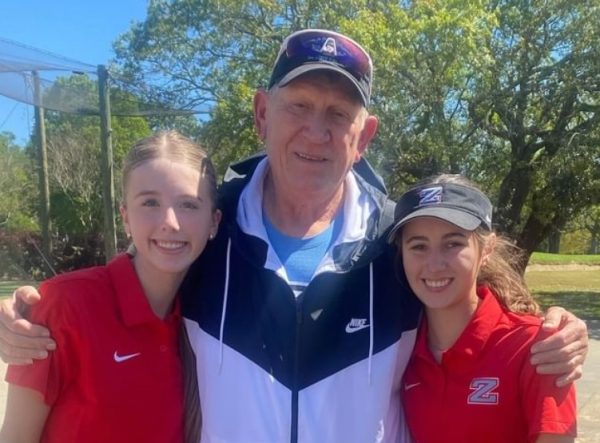Is Social Media Worth All The Hype?
April 8, 2023
Social media platforms have become a huge part of people’s everyday lives. All generations use some type of platform at least once in their life, but is it really all that great?
| Pros | Cons |
|
|
Social Media active users’ statistics (worldly):
Facebook – (about) 3 billion
YouTube – (about) 3 billion
Instagram – (about) 2 billion
TikTok – (about) 1 billion
Snapchat – 635 million
Twitter – 556 million
My Stance:
Social Media has its ups and its downs. Social media has become a gateway to creativity, from sharing drawings to music to even fashion, users have found a quick and easy way to express their creativity. Social media is very community building, but it can also have negative effects. It’s an easy way to connect to old friends and make new ones, but don’t be too gullible or you might get caught up with the wrong person. It’s an extremely good way to build communities, but it’s even easier to tear them down. The pros and cons of social media are very hypocritical, making the question “Is Social Media Worth All The Hype?” hard to answer.
For many young adults and teens, social media platforms have become entertainment and a weird popularity contest. In my opinion social media has two sides: one being the older generations and the other being the younger generations. Most of the pros of social media fit into the older generations side while, the cons fit into the younger generations side. While there are positives to social media everywhere, it’s impossible to overlook the fact that teens seem to struggle with the negative side of social media more so than older users. Since I am a teenager myself, I try to block out the negatives of social media, but they are hard to ignore. The mental toll that social media takes on young people is astronomical. Research shows that one out of three teenage girls struggle with body image because of social media. The reality is that most teen users can be linked to anxiety and depression, and that fact right there makes me question the goodness of social media. It has been found that creators of social media have made their apps addictive by design, teens are especially gullible to its addictiveness. During the pandemic, the use of social media in teens drastically rose, and because of this, teens have been more susceptible to mental health problems. Social media creates stimulating effects in your brain similar to addiction and because teens’ brains and social skills are rapidly developing it makes it easy for them to get sucked into the world of social media.
“The overuse of social media can actually rewire a young child or teens brain to constantly seek out immediate gratification, leading to obsessive, compulsive and addictive behaviors,” says Nancy DeAngelis, CRNP, Director of Behavioral, Jefferson Health – Abington.
Even though most of my peers would argue with me, I do not think social media is all worth the hype. Yes, there are loads of benefits and lots of goods, but if I had to decide if building communities, spreading creativity, and building movements outweighs teens and young adults’ mental health and safety, I would not choose social media. Our younger generations are our future; therefore, I don’t think social media helps us become better people.
Students Stances:
Addison Paxton (10) has a neutral opinion on social media. She believes that social media helps to support and promote body positivity, LGBTQ, BLM, etc. But she also believes that social media is also used as a weapon against those things. Isaiah McGhee (12) seemed to share a similar opinion with Paxton. Both students agree that social media can be very distracting, McGhee even states that, “It’s hard not to procrastinate, social media is rigged in a way where they know what type of content you want to see so once they have that information, they have you hooked.” Although both students can say there are definitely downfalls to social media, they can also say that it has helped them in some way as a high school student.
Teacher Stance:
Nicole Redmond (10th grade World Geography teacher)
- How do you feel about social media?
“I personally love social media, I first got social media when I was in 7th grade and Instagram came out. So, I have had social media for pretty much the majority of my life, I can’t imagine life without it.”
- What do you think are some positives of social media?
“I get to stay connected with people I will never see again. I see girls that I did Louisiana Girls State with in 2016 get married on Facebook, and I’m like that’s so crazy, but I would have never known that if it wasn’t for social media. It’s so easy to find other people’s opinions, so I’m not always focused on this confirmation biased of seeing things that only agree with me. I can see how other people feel that aren’t politicians or news anchors and it’s just normal people’s opinions and their experiences.”
- What do you think are some negatives?
“It definitely takes up most of my time, I have a screen time of 8 hours a day mostly. Because of it I don’t have hobbies. It also is very influential to young people; I remember being younger and seeing a lot of negative things about body image and it had a lot of negative effects on me. It has very negative trends, such as devious licks. These trends encourage other people to do destructive or harmful things for clout.”
- How does social media help you in your everyday life, and teaching?
“It helps me a lot to find outfits online, but also, I find things like my blooket review games on TikTok. I also have the opportunity to make content about history and being an educator. I feel like if I didn’t have that, I would feel like I was only using my knowledge at school, it gives me the opportunity to reach kids outside of school in a way that’s appropriate and educational.”
- How do you see social media affecting students’ lives?
“Social media has turned our attention spans to quit literally negative 0. I feel like any time I structure a lesson I have to do it in a way where students aren’t doing one thing for too long. I have to have at least four things planned, or four different shifts in mindsets in one class period because they are used to seeing at most a three-minute video on TikTok and then just scrolling to the next thing. I also see it negatively with just the way students act, I feel like young people always feel like they are on camera. They always have that pressure of ‘this might end up online or if I do something funny, I could go viral’ it’s just so much of a constant pressure even though they aren’t allowed to have their phones at school.”

